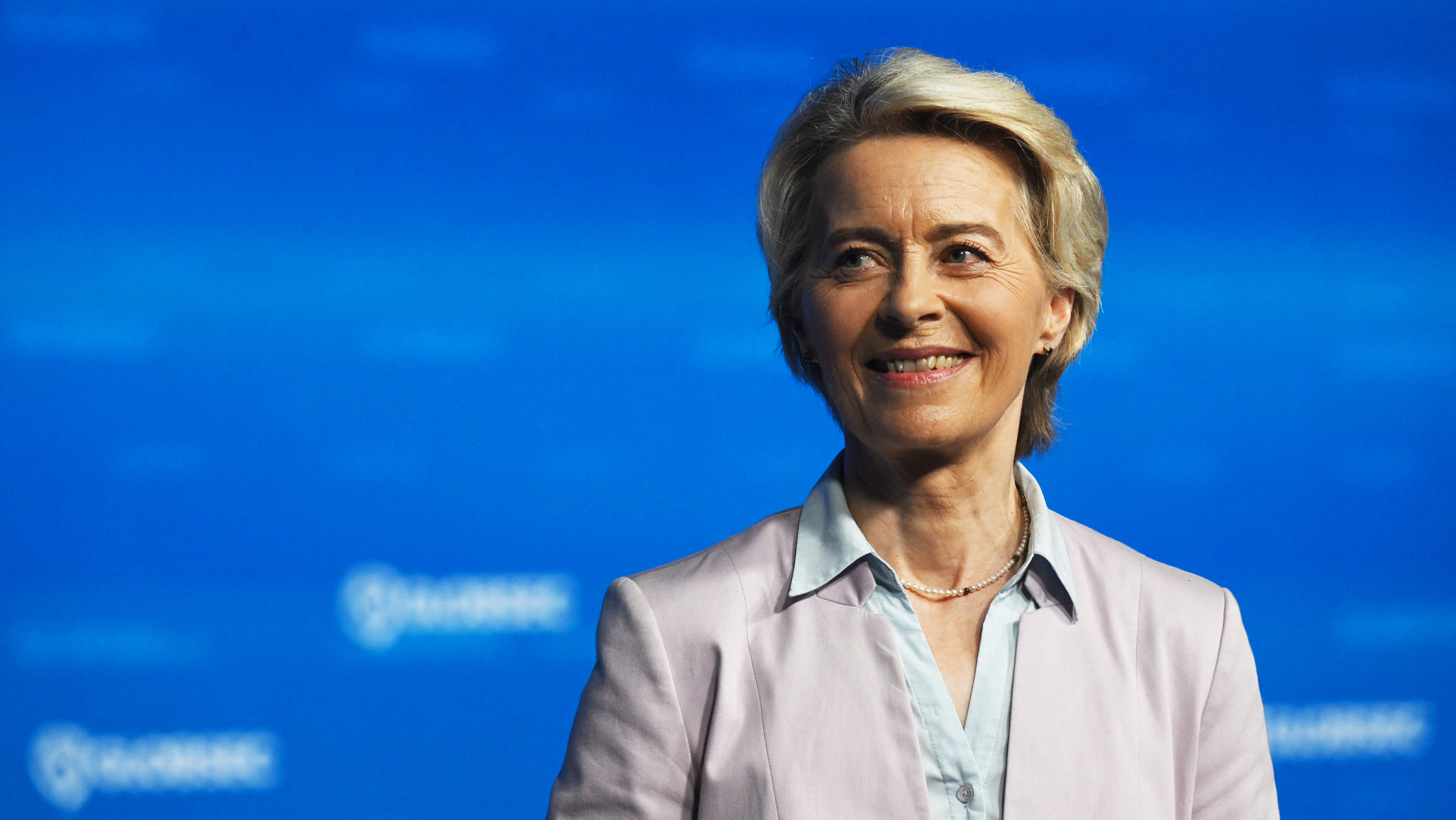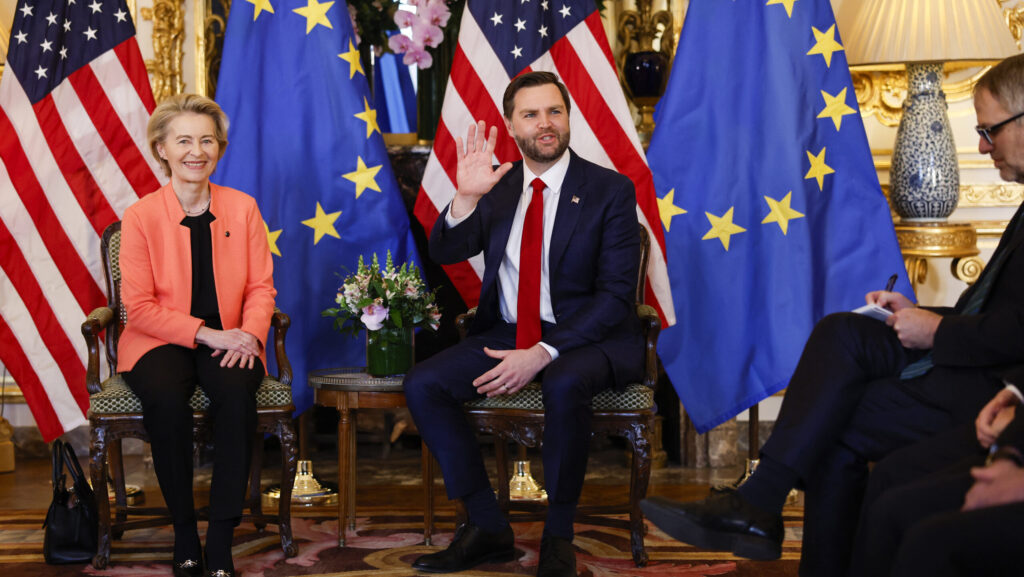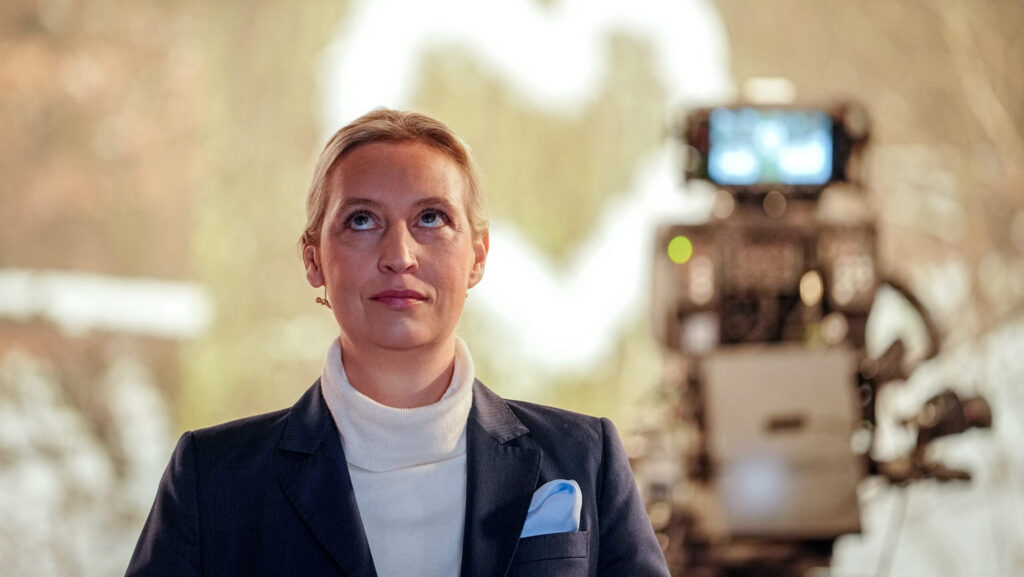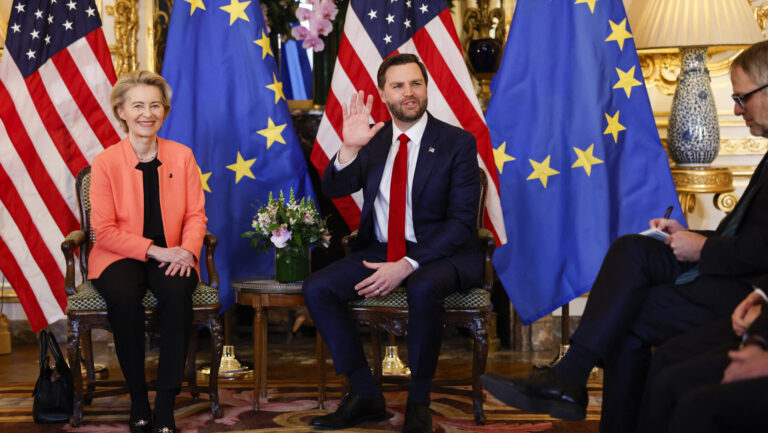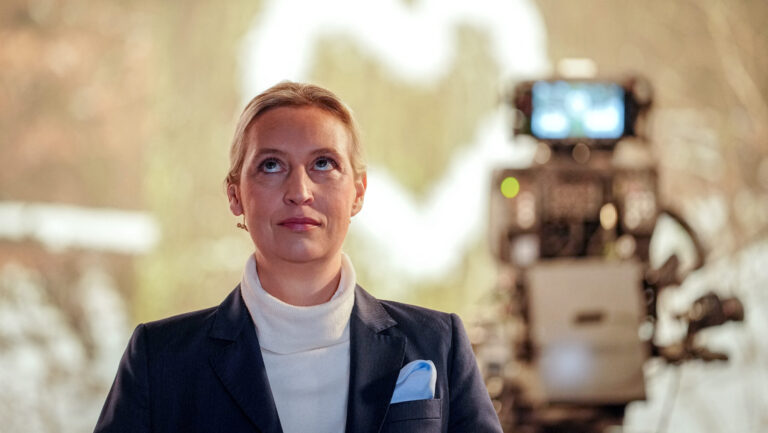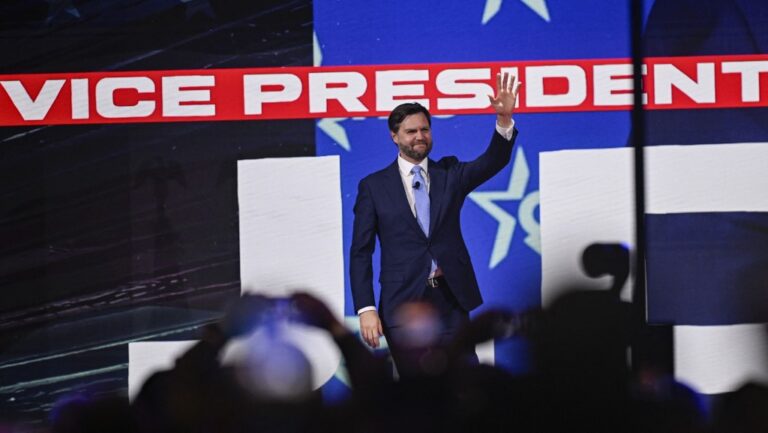Although the deadline is fast approaching, there is still little official information available about the composition of Ursula von der Leyen’s next Commission. The European Commission President has until Friday to assemble her College of Commissioners, but Die Welt has obtained some hints regarding possible candidates for key posts.
Given the increasingly strained relations between Brussels and Budapest in recent years, Hungary is paying close attention to the candidates from various Member States for certain key positions. One portfolio that has long been important to Hungary is the post of Commissioner for Neighbourhood and Enlargement, currently held by Olivér Várhelyi. According to Die Welt, this position is expected to be filled by Valdis Dombrovskis in the next Commission. Dombrovskis, who is currently the EU’s trade chief, will also serve as one of the vice presidents in the upcoming Commission. Additionally, the Latvian is expected to oversee Ukraine’s reconstruction, according to the report.
From a Hungarian point of view, the appointment of the next Budget Commissioner is particularly crucial, as many of the disputes between Brussels and Budapest revolve around budgetary issues. According to Die Welt, Poland’s candidate, Piotr Serafin, is expected to fill this role, replacing Austrian Johannes Hahn.
Considering the fundamental differences between the Tusk and Orbán governments, this scenario does not bode well for the release of the frozen EU funds that Hungary is awaiting.
One of the big winners in the new commission could be Italy, with Italian commissioner-designate Raffaele Fitto expected to take up the position of Executive Vice-President, overseeing the economy and the Covid recovery fund, according to the report. This is not only good news for Italy, which relies heavily on the recovery fund, but also for Hungary. Hungarian Prime Minister Viktor Orbán has a strong relationship with Italian Prime Minister Giorgia Meloni, and this connection could positively influence the disbursement of recovery funds to Hungary.
Wopke Hoekstra of the Netherlands is expected to oversee trade, while Josef Síkela of the Czech Republic will be responsible for energy, and Thierry Breton from France will manage industry and strategic autonomy. Breton recently made headlines for trying to block Elon Musk’s interview with former US President Donald Trump on X without consulting Ursula von der Leyen. Despite this controversial move, it seems the trust between Breton and von der Leyen remains intact.
The Slovak candidate, Maroš Šefčovič, would focus on enhancing inter-institutional cooperation, but he would thus lose his status as a Commission Vice-President. According to Welt, the structure of the Commission vice-presidency will also be reshuffled. In addition to the High Representative for Foreign Affairs and Security Policy, there will be four more executive vice-presidents, while the non-executive vice-president positions will be abolished.
Von der Leyen will name all the commissioner-designates by Friday at the latest, with each Member State nominating one commissioner to the new Commission. Once the team of nominees is assembled, they are subject to hearings at the European Parliament, where they are questioned and then voted on as a whole. If any members of the team are found to be unsuitable, the President must either reshuffle the team or request a new candidate from the respective member state, or risk the entire commission being voted down. Since the EP cannot vote against individual commissioners, a compromise is usually reached: the most problematic candidates are removed, while minor objections are addressed, often by adjusting portfolios, allowing the Commission to take office. After parliamentary approval, the team is formally appointed by the European Council.
Related articles:

